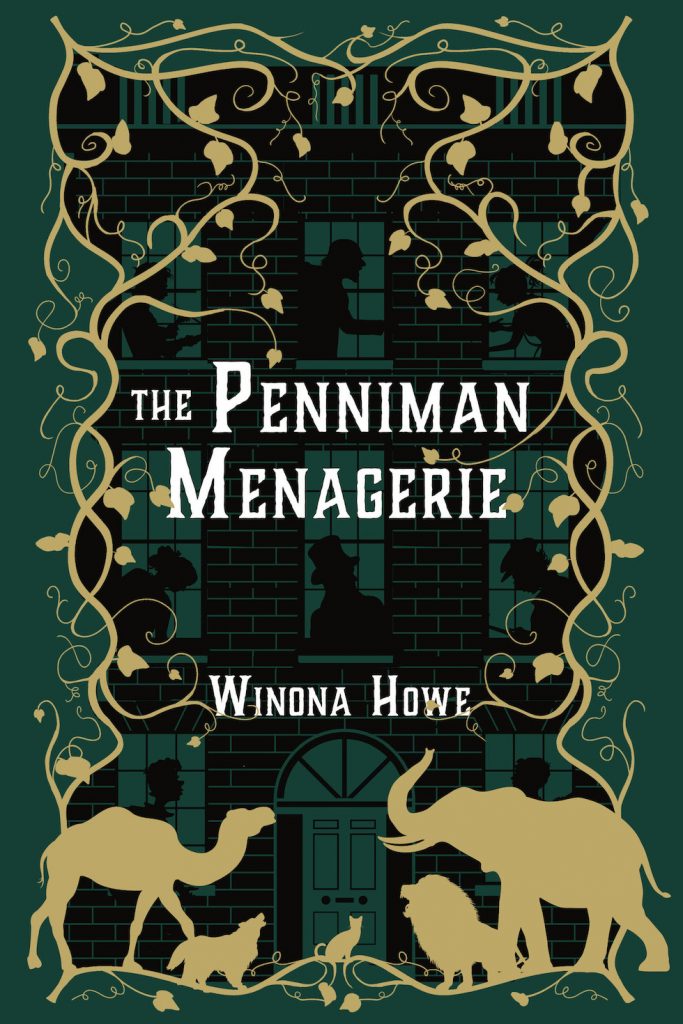Like nearly everyone I know, I am riveted to the TV screen as one reporter after another updates us all on the latest news from Ukraine. Like nearly everyone I know, I am filled with horror as I watch the footage: people flee; they camp out in underground train stations; buildings (including hospitals) are bombed; bodies are buried in mass graves. It should be a movie but it’s all too real.
You know it’s winter, because people are wearing coats that are either down, or maybe polyester. I’m glad they have those coats, but I wonder how much of the cold those coats shut out when they’re walking across a ruined city and mixed snow and rain is falling.
I wonder how much protection they give when their wearers are crouched in the basement of a building with no heat, with the coat wrapped around them as a blanket. They may not even notice, however, because they’re wondering when the next rocket will hit. All the windows have been blown out already and half of the front of the building is gone.
They don’t know if they should stay or look for a safer place. Will the shelter be full? Are the Russian soldiers in the city yet? As pedestrians, will they be targeted? As Ukrainians, they will be. They know it. I know it too.
It’s all too terrible to think about, except I can’t stop thinking about it. If I could, maybe I would, but it’s on every news station, in every newspaper, on everybody’s minds and lips. So I watch hours of footage; it’s all the same in a way, but yet I am surprised. No one stops and faces the camera to shriek insults at their leader or berate those who do not agree with them. No, they are united.
I have seen no screaming, no pushing, no shoving others out of the way because they were too small, too old, too weak, too slow or just because they were in the way. Instead, I have seen countless examples of people helping each other. The man in the wheelchair is wheeled across a piece of road that is pitted and cracked from the shelling; a soldier helps a shaky, elderly woman across a makeshift bridge composed of a plank as she clings to him in terror; others assist those who are in need because they can hardly walk, because they have lost someone, because their young children are clinging to them so they can hardly move forward. None of them know if victory, or even safety, lies ahead.
So, in the midst of the constant barrage of horror, I feel a lick of hope, a growing sense of pride in these strong people. I don’t know them, but in two short weeks of horrendous events I have come to admire them—for their courage, their fortitude, their loyalty, and their compassion—even as their world collapses around them.


